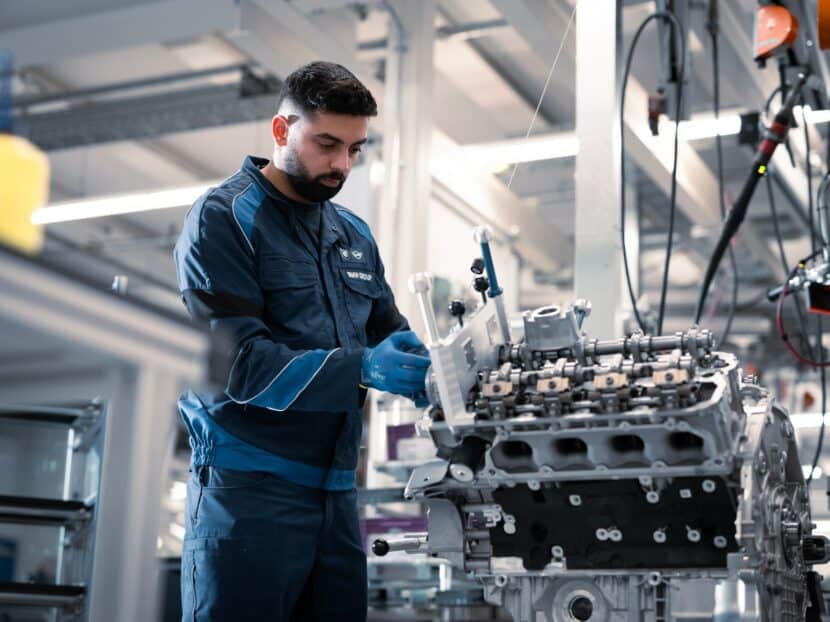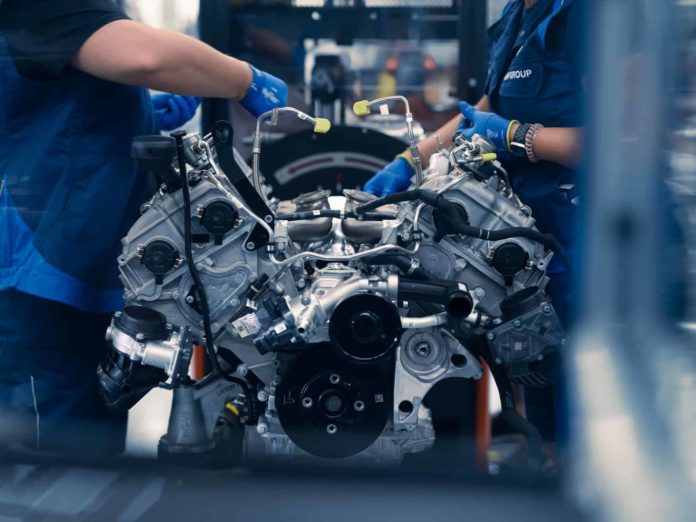The chapter of BMW’s internal combustion engines from Munich has drawn to a close, marking a significant shift in the automotive landscape. The production of the V8 engine has ended on November 10 at the BMW engine plant in Munich. In a transformative move, the once-powerful engine production site is evolving into an assembly hall for upcoming vehicle models equipped with electric drives.
Last week, Ilka Horstmeier, Board Member Responsible for HR, told us in South Africa that the 1,200 skilled employees, who were previously dedicated to building combustion engines in Munich, have undergone retraining to take new roles within the company. But this doesn’t mean the end of engine production in Germany. Despite bidding farewell to combustion engine production in Munich, BMW remains at the forefront of engine manufacturing.

The BMW Steyr plant in Austria has emerged as a pivotal location for the company’s engine production, with the construction of a new V8 factory tailored for the eight-cylinder engines once produced in Munich. Additionally, the British Hams Hall factory will take on a greater share of the production volume for combustion engines, further diversifying BMW’s production network.
The decision to conclude combustion engine production at the main plant in Munich is a strategic move to prepare the iconic plant for the upcoming NEUE KLASSE generation of cars. Production will begin in 2025 heralding the dawn of the next generation of BMW electric cars. In the mean time, BMW will continue to manufacture the highly successful i4 Gran Coupe in Munich and then from 2025, the BMW i3 (codename NA0). Later on, the NA1 3 Series Touring, and the new NA2 BMW i4 will join the production lines in Munich.

